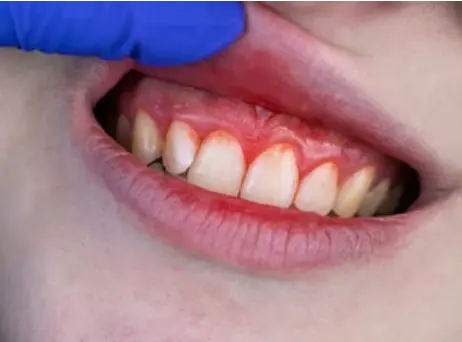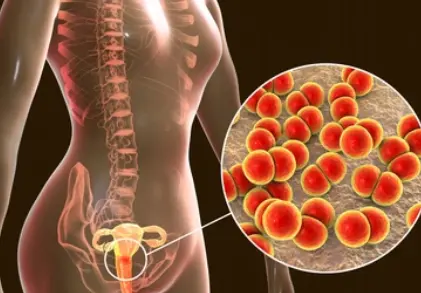 Welcome
Welcome
“May all be happy, may all be healed, may all be at peace and may no one ever suffer."
Uncomplicated cystitis - Generics
Uncomplicated cystitis is a common type of urinary tract infection (UTI) that affects the bladder. It is usually caused by bacteria, such as Escherichia coli, that enter the urinary tract through the urethra.
The symptoms of uncomplicated cystitis include a strong, persistent urge to urinate, burning or pain during urination, passing small amounts of urine frequently, and cloudy or strong-smelling urine. These symptoms may also be accompanied by lower abdominal pain or discomfort.
Diagnosis of uncomplicated cystitis is usually made based on symptoms and a urinalysis, which can detect the presence of bacteria and other abnormalities in the urine.
Treatment for uncomplicated cystitis typically involves antibiotics to eliminate the bacteria causing the infection. Drinking plenty of fluids and avoiding irritants, such as caffeine and alcohol, can also help alleviate symptoms. Symptoms usually improve within a few days of starting antibiotics, but it's important to complete the entire course of treatment to ensure that the infection is fully cleared.
Prevention of uncomplicated cystitis involves practicing good hygiene, such as wiping from front to back after using the toilet, urinating after sexual activity, and drinking plenty of fluids to flush out bacteria. It's also important to seek medical attention promptly if symptoms of cystitis occur, as untreated infections can lead to more serious complications, such as kidney infections.

Surgical wounds

Staphylococcal infections

Carbohydrate nutrient in...

Nutrition Hydration

Scurvy

Gonorrhea

Proctitis

Aid controlled ventilatio...
Uncomplicated cystitis, জটিল সিস্টাইটিস
To be happy, beautiful, healthy, wealthy, hale and long-lived stay with DM3S.